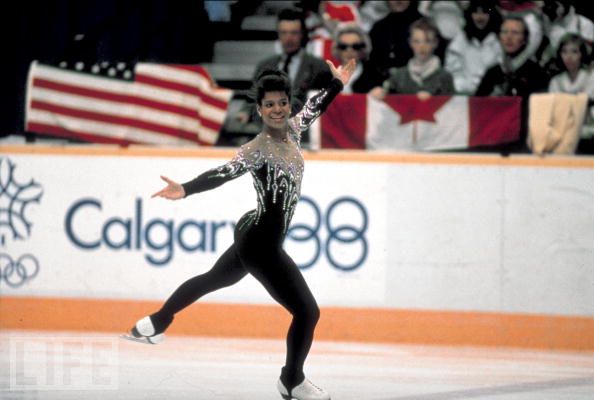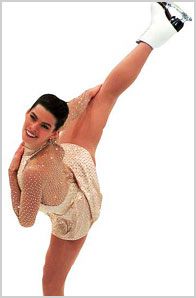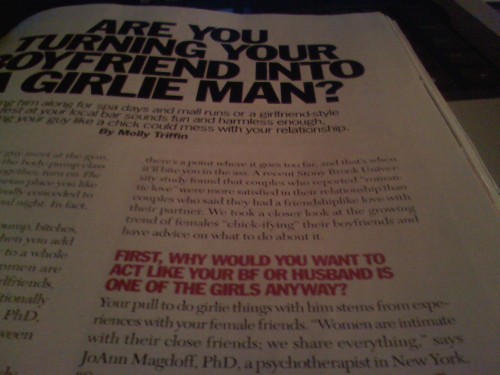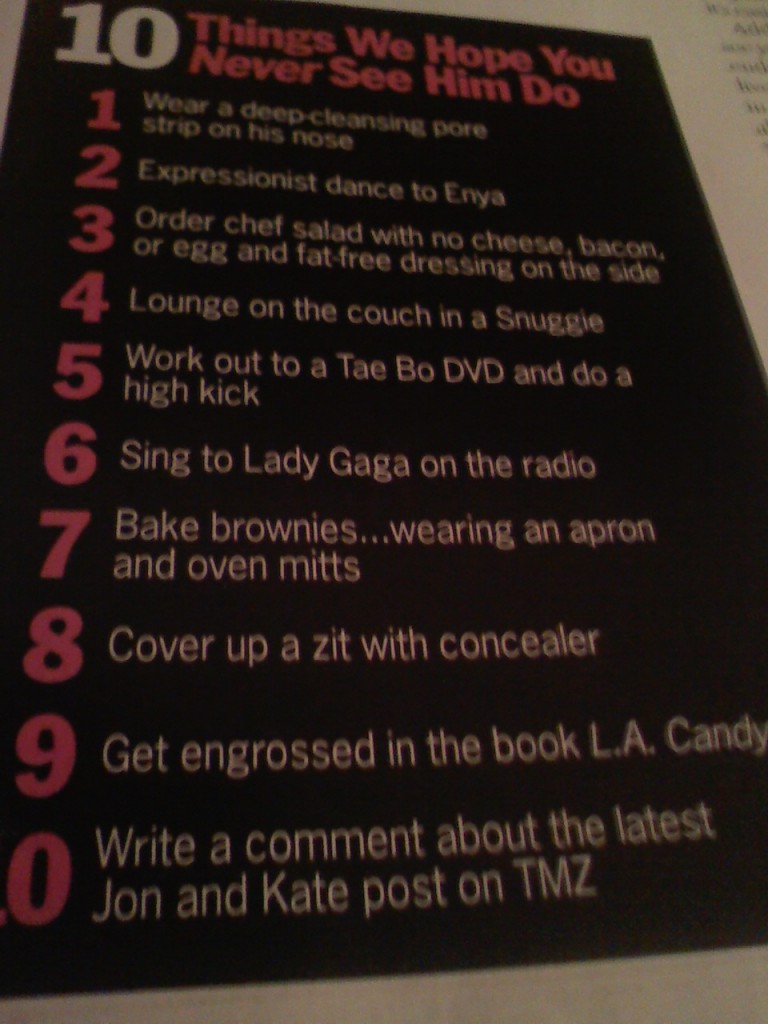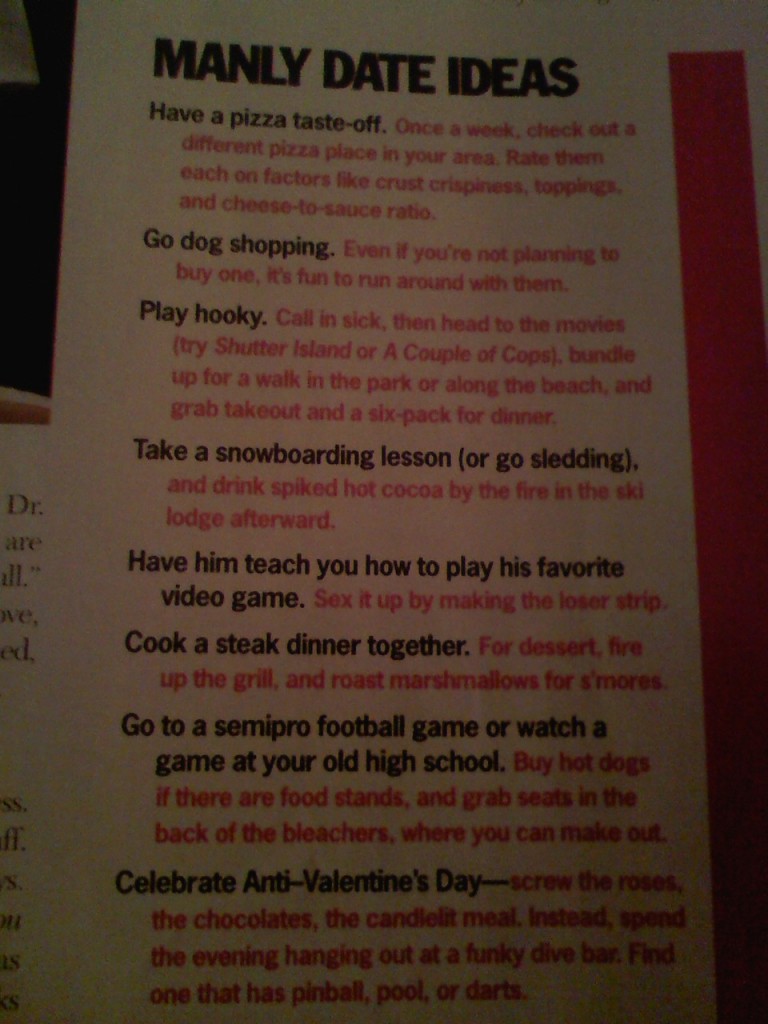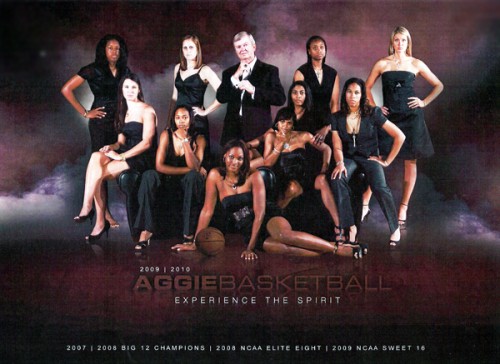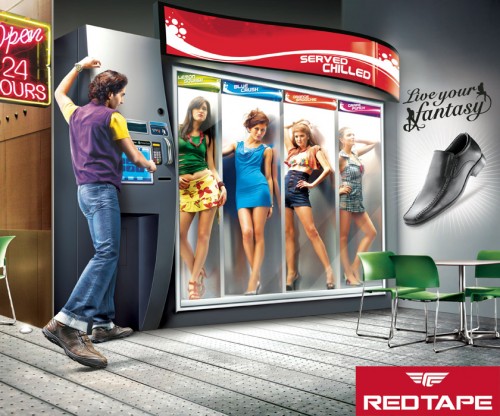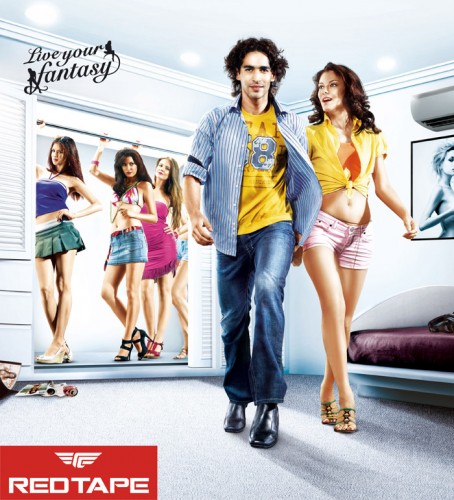Mickey C. sent in this ad for the convenience store, Racetrac. It’s fascinating in how overtly they take the good girl/bad girl dichotomy and apply it to food. You are a good girl if you eat fruit, white meat sandwiches, and spinach wraps; you are a bad girl if you drink soda and eat cookies and hot dogs.
This is a narrative that we largely take-for-granted. We are bad when we “indulge” in “sinfully” delicious treats and good when we do not. Parallel is the narrative: you are a good girl if you resist your desires, a bad girl if you do not.
It reminds me of an NPR audio slide show about teenagers trying to lose weightwho confess, with guilt and glee, one night of indulgence at Taco Bell. It’s not sinful to have a cookie, for goodness sake, or to eat at Taco Bell now and again. And women cannot be separated into heaven-bound angels and hell-bound broads.
Lisa Wade, PhD is an Associate Professor at Tulane University. She is the author of American Hookup, a book about college sexual culture; a textbook about gender; and a forthcoming introductory text: Terrible Magnificent Sociology. You can follow her on Twitter and Instagram.




